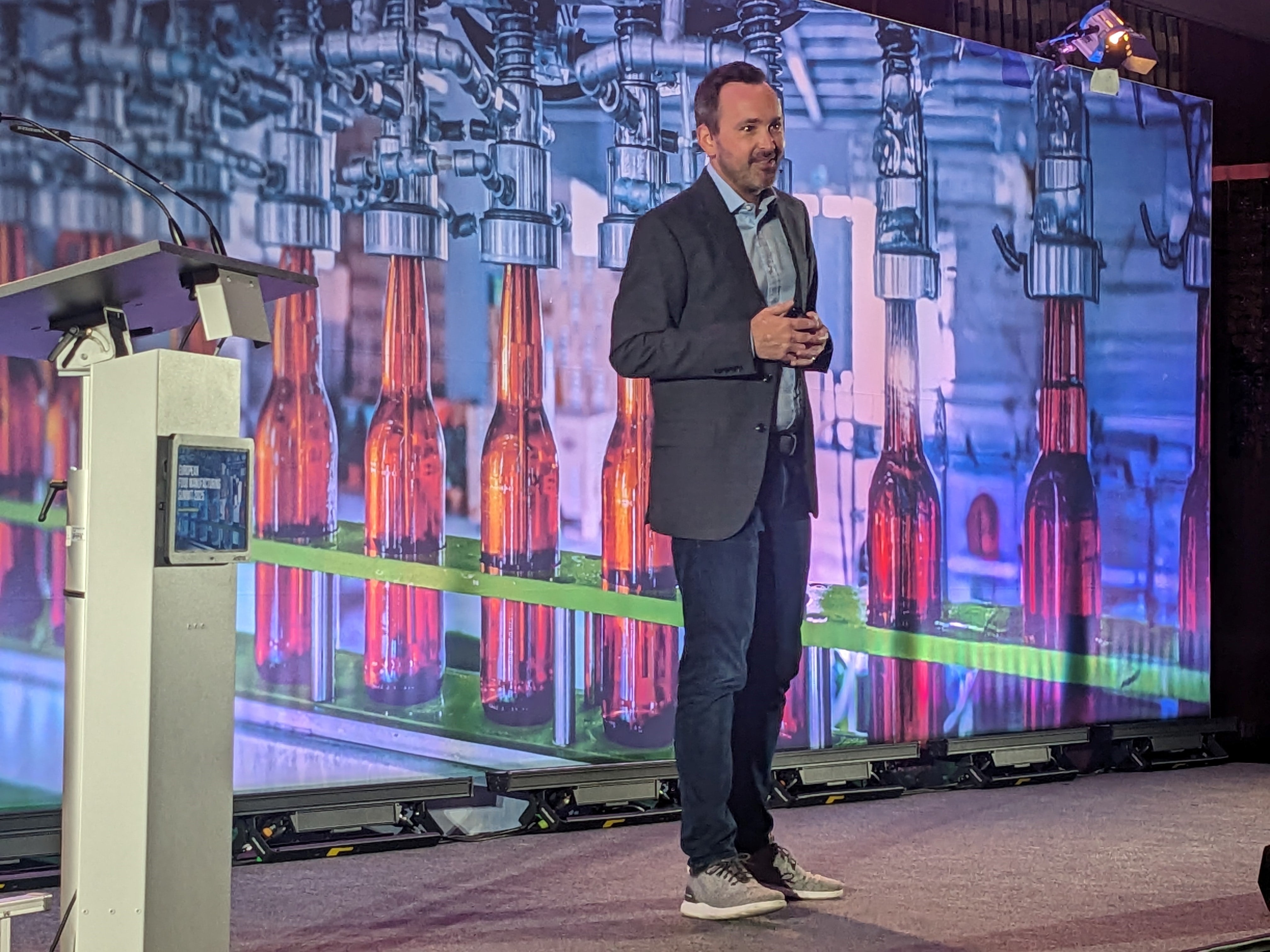Food and drink manufacturers are no strangers to pressure. From inflationary raw material costs and rising utility bills to seasonal demand swings and supply chain volatility, margins are constantly under threat.
Yet another challenge looms large: the cost of people is rising sharply, and with government reforms extending ‘day-one rights’ to employees, hiring mistakes are about to get much more expensive.
Where once employers had up to two years before unfair dismissal protections kicked in, the Employment Rights Bill (ERB) now means that every new hire is entitled to protections from the moment they join.
In practice, this means a poor cultural fit, a misaligned skillset, or even a personality clash could escalate into a costly tribunal far quicker than businesses are used to.
For SMEs, who often lack internal HR teams and rely on lean, multi-tasking staff, this is a seismic shift. Recruitment mistakes that were once frustrating but manageable are now potential financial, reputational and operational hazards.
Key facts about the Employment Rights Bill
- The Government published the Employment Rights Bill in October 2024
- The ERB is expected to become law later in 2025, with some changes expected this year
- Most changes will happen in 2026 and 2027
- Among other changes that will come into play, the Bill will see the end of zero hour contracts and 'fire and hire' practices; as well as giving day-one rights to employees and strengthening statutory sick pay
- Employment Rights Bill factsheets can be found here
Labour costs are climbing across the board
The ERB is not arriving in isolation. It lands at the same time as other cost escalations that make every hire more expensive.
Employer National Insurance contributions have risen from 13.8% to 15%, while the secondary threshold has been slashed to £5,000. The impact is stark. For a factory employing 100 people on minimum wage, we calculate that change alone equates to around £240k extra per year in labour costs.
Add in rising minimum wages, and the food manufacturing industry – the UK’s largest manufacturing sector, which already employs 486,500 people and contributes £148 billion to the economy – is facing a perfect storm on staffing costs.
The sector is also struggling to find talent. BDO’s Food and Drink Report 2025 found that 75% of manufacturers say they lack skilled people in key roles, up from 50% just two years ago. The top challenges are a lack of qualified candidates (47%) and growing compensation demands (24%).
Data from the FDF found this has led to 41% of F&B manufacturers scaling back or cancelling investments for long-term growth. With costs rising and talent in short supply, food manufacturers cannot afford to treat recruitment as a volume game.
Why contingent recruitment doesn’t work anymore
Traditionally, many food businesses have relied on the contingent recruitment model: agencies working on a no-win, no-fee basis, with multiple recruiters racing to submit CVs before their competitors.
On the surface, this approach can seem efficient – fast-moving, low-risk and designed to fill vacancies quickly. However, the reality is often very different, and for SMEs the downsides are especially damaging.
Contingent recruitment inevitably prioritises quantity over quality. Recruiters under pressure to “win the race” tend to push candidates who are available right now, rather than the individuals who are best suited to the role in the long term.
This leads directly to the second problem: high churn. Candidates who move frequently or are quick to leave one employer for another are often those most readily available in the market. They may accept an offer but are just as likely to drop out early or be lured away by a counteroffer.
Beyond this, it rarely addresses the critical question of cultural alignment. A CV might capture qualifications and experience, but it cannot reveal whether someone will thrive in the unique dynamics of a food manufacturing business, where teamwork, resilience and adaptability can be just as important as technical skills.
But perhaps most importantly, constant rehiring drains time and resources, disrupts production and damages team morale. Productivity suffers when staff turnover is high and the reputational risks of being seen as a ‘revolving door’ employer can make it even harder to attract the right people in the future.
For SMEs, these risks are amplified. With smaller teams, every individual plays a pivotal role, and when one person leaves, it isn’t simply a gap in the rota. Contingent recruitment is no longer just inefficient; it’s unsustainable.
Search, select and support
A more sustainable alternative to contingent recruitment is the retained, search-and-select model. While many still associate this approach with senior executive hiring, it is increasingly being applied to pivotal operational roles such as shift managers, schedulers and technical leaders.
The advantage of this model is that it focuses on passive candidates – the high performers who are already delivering in their current roles but are not actively applying for new positions. These individuals tend to be more stable and loyal, and therefore less likely to churn quickly.
The process also goes deeper than surface-level CVs. Competency-based interviews, psychometric testing, personality profiling and general intelligence appraisals (GIAs) can all be used to assess problem-solving ability, adaptability and decision-making skills.
This is particularly important in fast-paced food manufacturing environments, where products often have a shelf life of just a few days and poor decisions can quickly become costly mistakes.
Equally critical is what happens after a candidate accepts an offer. Recruitment doesn’t end on day one; in fact, this is where the risk of failure is often highest. Many SMEs lack a structured onboarding process, leaving new hires without the support they need to succeed.
Best practice is to ensure everything is in place before a new employee arrives, from the right tools and systems access to a clear induction plan. Follow-up touchpoints in the first weeks and months, including check-ins with both the employee and their line manager, are essential to identify potential issues early and build engagement.
Retention depends as much on how effectively someone is embedded into a team as it does on the skills they bring through the door.
Why SMEs must rethink recruitment now
The reality is simple: labour is more expensive, employees have stronger rights from day one and the cost of getting it wrong is higher than ever. For SMEs, clinging to contingent recruitment is no longer viable.
Search-and-select models, supported by cultural assessment, psychometrics and robust onboarding, offer a sustainable path forward. Yes, they require more investment upfront. But in the long run, they save money by reducing turnover, avoiding disputes and ensuring staff stay and thrive.
For food manufacturing SMEs, recruitment is no longer just about filling a vacancy. It’s about protecting margins, safeguarding reputation and building resilience in a sector where every decision counts.
The ERB may feel like another burden, but it should be seen as a wake-up call. If businesses treat recruitment as a strategic investment, not a transactional process, they can navigate these reforms, retain the right people and come out stronger.
Because in the new world of day-one rights, ‘getting it right the first time’ isn’t just best practice. It’s the only option.




